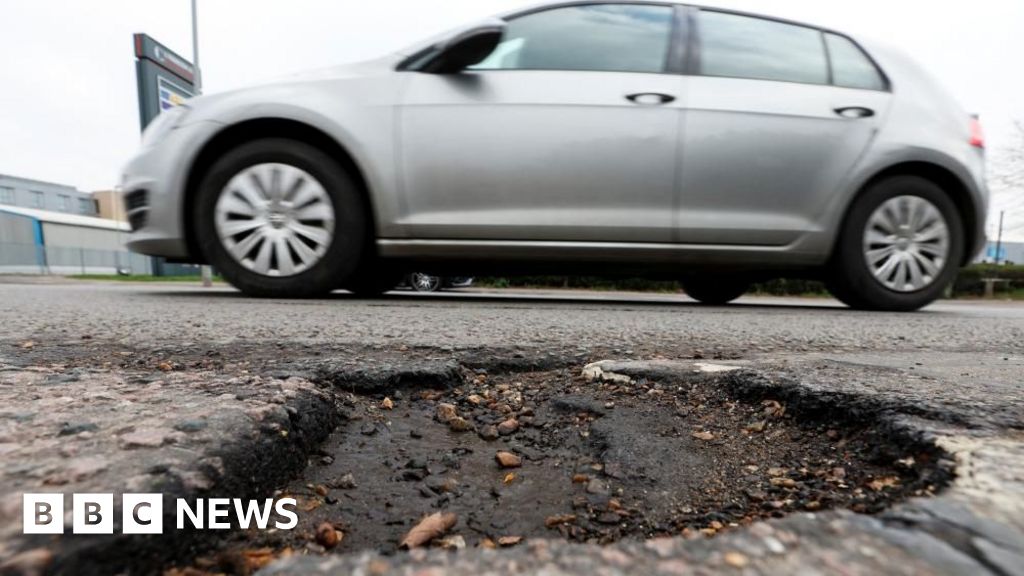Rachel Reeves to delay some of Tories’ ‘unfunded’ road and hospital projects | Economic policy
- Politics
- July 27, 2024
- No Comment
- 115
Rachel Reeves is to delay a number of “unfunded” road and hospital projects on Monday as part of the Treasury’s anticipated plans to plug an apparent £20bn hole in spending left by the Conservatives, while committing to an above-inflation public sector pay rise.
The chancellor is expected to argue she has inherited capital projects that are “unfunded with unfeasible timelines” as part of her Treasury audit report to the Commons. The audit will be seen as an indication of the government’s early commitments and priorities.
Reeves is also expected to accept the recommendations of public sector pay bodies for above-inflation pay increases – a move economists believe could cost up to £10bn.
The capital projects at risk include a £1.7bn tunnel under the Stonehenge monument on the A303; the Lower Thames Crossing, a 14-mile road and tunnel east of London that is projected to cost £9bn; and the Conservatives’ new hospital programme, which was a pledge to build or expand 40 NHS hospitals by 2030.
Key road projects that have spent years in planning may be at risk as higher inflation has sent cost estimates soaring, according to Labour figures. “Many of these schemes are unfunded,” said one source.
A final decision on the Stonehenge tunnel may not arrive until a ruling on the project by the court of appeal in the early autumn. The Thames crossing’s future is also uncertain after a decision on its future was delayed by six months because of the general election.
The health secretary, Wes Streeting, told MPs this week it was “painfully clear” that the new hospital programme was not deliverable by 2030.
He said: “I want to see the new hospital programme completed, but I am not prepared to offer people false hope about how soon they will benefit from the facilities they deserve.”
As part of Reeves’s plans, millions of public sector workers are set for an above-inflation pay rise.
The NHS and teaching pay bodies are reported to have recommended a 5.5% rise, and similar advice is likely to have been given by other pay review bodies, covering workforces such as doctors and dentists, armed forces, prisons and police officers.
The pay rises would help reverse years of declining wages, deal with staff shortages and see off the threat of industrial action.
Reeves is expected to confirm the increases as she sets out her case on Monday that the Conservatives left the government with a dire economic inheritance, including a black hole of £20bn.
Despite the difficult economic circumstances, she is expected to make the argument that the pay rises are necessary to avoid the costs to the economy seen in the waves of strike action under the Conservatives.
As part of the process, Reeves asked for analysis from Treasury officials on the cost to the economy of industrial action, with the strikes of 2022 and 2023 having a knock-on impact on productivity.
This is understood to have found that every day of the teachers’ strikes cost the economy £300m because of lost working hours, while industrial action in the NHS cost £1.7bn in total to the taxpayer.
The cost of giving pay rises to public sector workers has not been fully budgeted for in current spending plans, and the money will have to be found through existing headroom, changes to fiscal rules or tax rises in the budget.
Before the election, Reeves refused to say whether public sector workers would get a pay rise, saying she would need to look at the books before deciding. But more recently she hinted that the government could be prepared to accept the advice of the pay bodies, saying there was “a cost to not settling” negotiations.
Labour sources said the blame over the £20bn public spending gap lay with the Tory government, describing it as a “shocking inheritance” and accusing the former chancellor of “presiding over a black hole and still campaigning for tax cuts”.
They pointed to spending concerns on the asylum system, welfare, defence and prisons. However, work is still being done on the audit and the final figure of £20bn could shift as officials examine the spending commitments of each department.
In her statement to the Commons on Monday, Reeves will confirm the date of the budget, which is expected to be in the second half of October or November, and plans for a spending review.
She will also highlight some of the immediate pressures in areas such as the asylum system, prison places, welfare, defence and local councils – and how the government intends to tackle them in the short term.
Economists have predicted Reeves will “kitchen sink” the bad news about the economy. The review is likely to conclude that existing spending plans are unsustainable and would require substantial cuts to public services, a position that economists had highlighted repeatedly before the election.
#Rachel #Reeves #delay #Tories #unfunded #road #hospital #projects #Economic #policy









